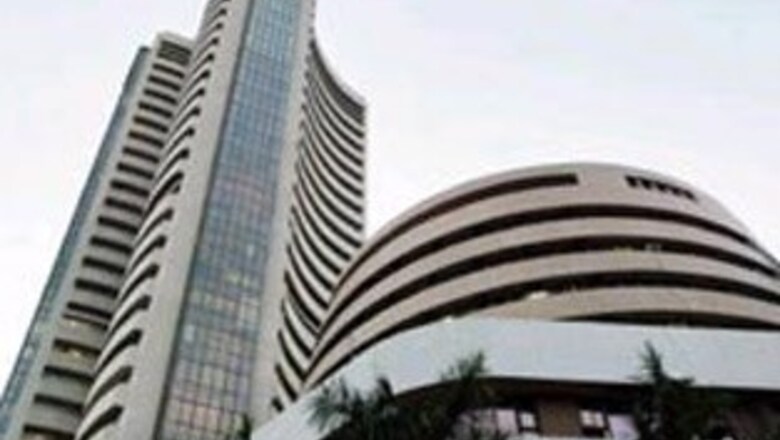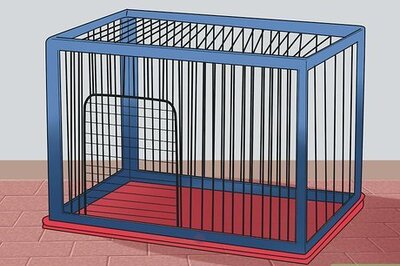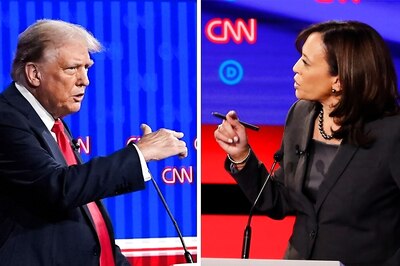
views
Mumbai: India's main stock index climbed above 15,000 points on Wednesday for the first time in nine months, but was beaten back as investors cashed in profits after a three-month rally.
The 30-share BSE index ended down 0.03 per cent, or 4.01 points, at 14,870.90, after initially rallying more than 1 per cent to 15,045.88 points. Although investors took profits, the market undercurrent was bullish on brightening signals the global recession was easing and appetite for risk among foreign investors were on the rise.
Energy giant Reliance Industries, which has more than doubled in value since early March, and outsourcer Infosys Technologies were targeted by profit-takers. Diversified cigarette maker ITC, telecoms firm Reliance Communications and leading vehicle maker Tata Motors bucked the trend and rose.
"The promise of a pro-reforms and stable government without Leftist interference has boosted investor confidence on the possibility of a swifter-than-anticipated economic recovery," IDFC-SSKI securities analyst Pathik Gandotra said.
Prime Minister Manmohan Singh's Congress-led UPA was re-elected last month for a second five-year term and the Government has said it would focus on boosting growth and creating more jobs.
"Multiple positives -- strong capital flows, improved corporate confidence and across-the-board reforms -- are expected to lead to better profitability for companies," Gandotra said.
The benchmark index, which breached 15,000 for the first time since last September 8, has jumped 85 per cent from a 2009 low in early March, riding a wave of relief the world economic crisis was easing.
The index has risen 54 per cent this year, fuelled by foreign fund investments of more than $6 billion since mid-March, after falling by more than half in 2008 when the funds pulled out about $13 billion from the market.
The renewed foreign interest is forecast to continue as expectations run high for pro-market reforms such as relaxation of foreign investment rules in the insurance and pension sectors, and increased infrastructure spending.




















Comments
0 comment